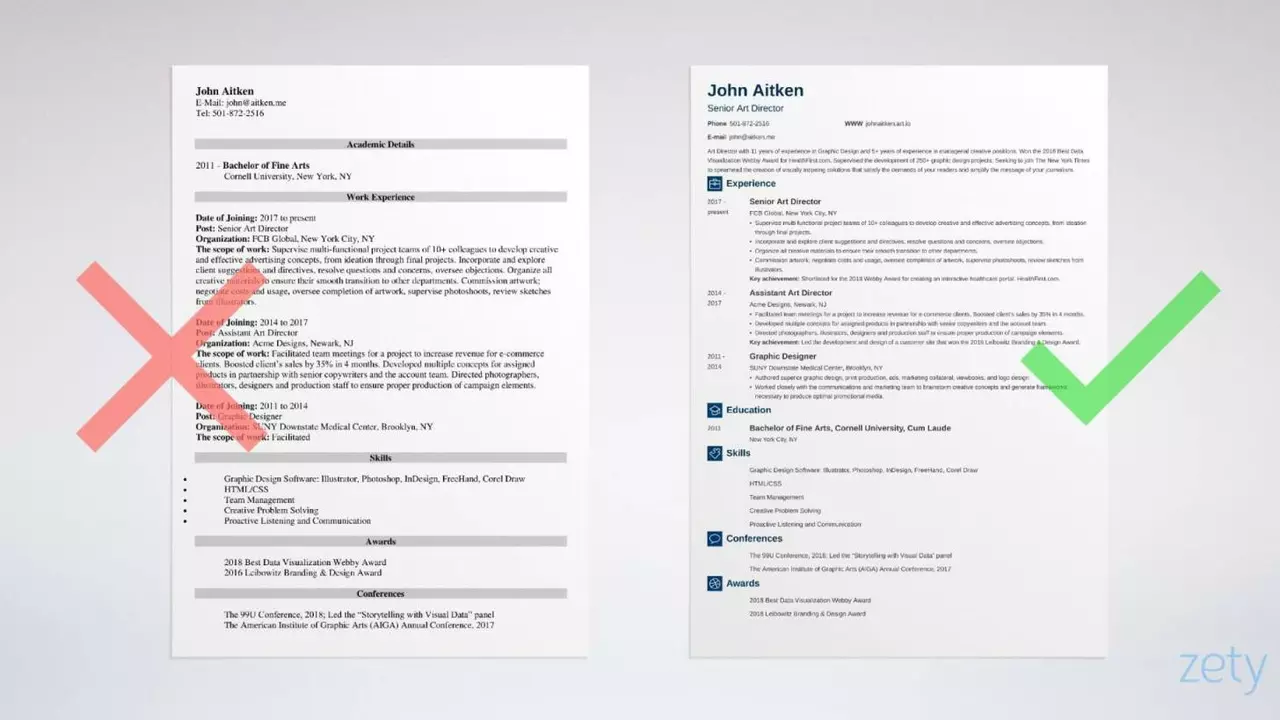Understanding the Role of a Content Writer
In this section, we will delve into the nitty-gritty of the content writer's job. As a content writer, your primary role is to create compelling, engaging, and high-quality content that effectively communicates a message or tells a story. This could be in the form of blog posts, articles, website content, social media posts, and so on. Being a content writer requires a good command of language, creativity, research skills, and an understanding of SEO.
The Importance of a Good Resume
A good resume is a ticket to a job interview. It's the first impression you make on a potential employer, so it's crucial that it's well-structured, clear, and showcases your skills and experiences effectively. A well-crafted resume can set you apart from other candidates and increase your chances of landing that dream job.
Key Elements of a Content Writer's Resume
There are several key elements that every content writer's resume should have. These include your contact information, objective or summary, work experience, skills, and education. It's important to detail your writing experiences, the types of content you've created, and the industries you've written for. This section will guide you on how to present these elements in a compelling manner.
Creating a Compelling Objective or Summary
Your resume's objective or summary is essentially your elevator pitch. It should be concise, clear, and tailored to the role you're applying for. This section should highlight your career goals, key skills, and why you would be a great fit for the role.
Detailing Your Work Experience
Your work experience section should showcase your writing experiences, the types of content you've created, and the industries you've written for. Make sure to highlight any significant achievements or contributions you've made. Use action verbs to describe your duties and accomplishments.
Highlighting Your Writing Skills
This section should list your writing skills such as copywriting, SEO writing, blogging, technical writing, and so on. Don't forget to mention any additional skills that are relevant to the job, such as research skills, knowledge of content management systems, and social media expertise.
Listing Your Education
While your skills and experience are crucial for a content writing job, it's still important to list your educational background. Include your degrees, the institutions you attended, and the dates of attendance. If you've taken any courses or certifications related to content writing, be sure to include them here.
Adding a Portfolio Section
A portfolio section is a must-have for a content writer's resume. This is where you showcase your best work. Include links to your published articles, blog posts, and other relevant content. If possible, include a variety of content types to show your versatility as a writer.
Designing a Clean, Professional Resume
The design of your resume is just as important as the content. It should be clean, professional, and easy to read. Use a simple font, consistent formatting, and bullet points to make your resume easy to skim. Avoid clutter and keep your resume to one or two pages.
Proofreading Your Resume
Last but not least, make sure to proofread your resume thoroughly before sending it out. Check for any grammatical errors, spelling mistakes, or inconsistencies. A well-written, error-free resume reflects your attention to detail and professionalism.
